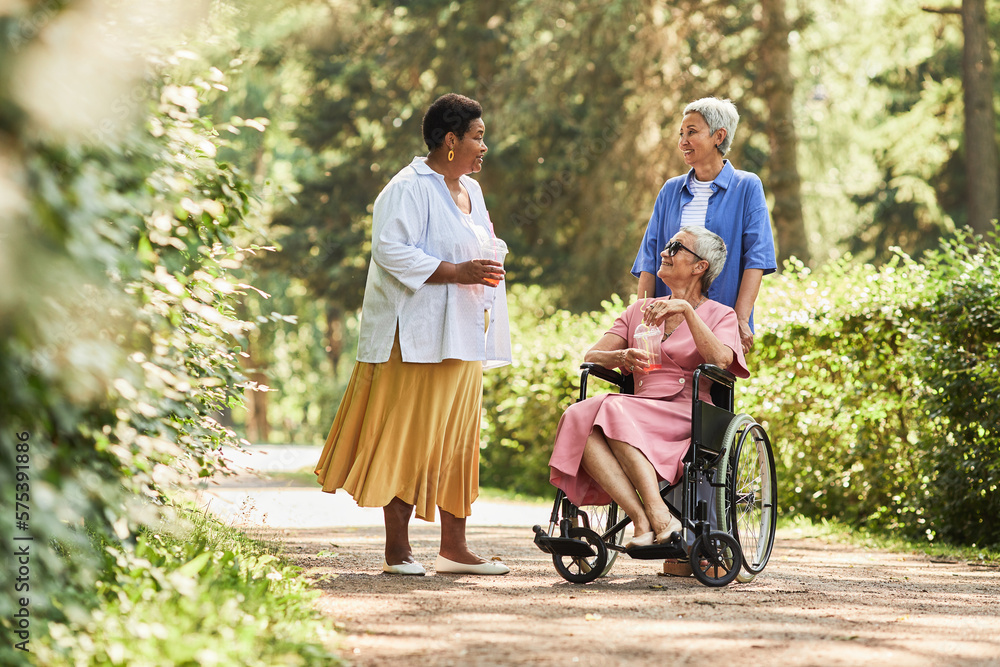Lip smacking in the elderly can be a perplexing phenomenon for caregivers and loved ones. Understanding the causes of lip smacking in elderly individuals is essential in ensuring their well-being and providing appropriate care.
In this article, we will explore various aspects associated with lip smacking in seniors. We’ll delve into potential medical reasons, emotional triggers, and environmental factors that may contribute to this behavior. Additionally, methods to address and manage this condition will be discussed.

Understanding Lip Smacking
What is Lip Smacking?
Lip smacking refers to the repetitive motion or sound made by bringing the lips together, often without an intentional purpose, and can be distressful if persistent. It’s crucial to distinguish between occasional lip smacking and that which becomes a noticeable habit or concern.
Medical Implications
There are several potential medical causes that might trigger lip smacking in the elderly:
- Medication Side Effects: Some medications, especially those used to treat psychiatric conditions or Parkinson’s disease, may cause involuntary lip movements as side effects.
- Neurological Disorders: Conditions like dementia, Alzheimer’s, or Parkinson’s disease can result in changes in facial muscle control, leading to lip smacking.
- Mouth-related Issues: Poorly fitting dentures or dry mouth, common in seniors, might cause discomfort and lead to lip smacking as a response.
Psychological and Emotional Factors
Emotional Responses
Emotionally, stress or anxiety can manifest physically in seniors through behaviors such as lip smacking. It is often a subconscious method to self-soothe.
Habitual and Environmental Influences
Lip smacking can also develop as a habit over time, particularly if it unknowingly garners attention or if environmental triggers persist. Being aware of such influences can help in addressing the root cause.
How to Manage Lip Smacking in the Elderly
Medical Interventions
If medication is suspected, consulting with healthcare professionals could provide alternatives or adjustments to reduce side effects. Similarly, maintaining oral hygiene and dental check-ups might mitigate mouth-related causes.
Behavioral Strategies
Engaging seniors in conversations and activities might divert their attention from repetitive behaviors. Creating a calm environment can also help alleviate anxiety-induced lip smacking.
Discover more about addressing similar conditions in the elderly on related health pages.
Long-term Solutions
Personalized Care Plans
Developing a care plan tailored to the individual needs of the elderly might effectively manage or reduce instances of lip smacking. This plan could include medical consultations, dietary considerations, and specific behavioral therapies.
Furthermore, providing adequate nutrition and consistent care as elaborated by experts could enhance comfort. For instance, learning more about sustaining adequate care from external sources, such as home care tips, can be beneficial.

FAQ
What should you observe in persistent lip smacking?
Observe any accompanying symptoms like changes in alertness, memory, or increase in repetitive behaviors, as these can signify underlying issues.
Is lip smacking a sign of a serious medical condition?
Sometimes. While not always, it can potentially indicate neurological or dental issues, especially if coupled with other symptoms.
What non-medical strategies can help?
Behavioral adjustments, ensuring a positive environment, and most importantly, personalized attention can significantly reduce lip smacking episodes.
This article contains affiliate links. We may earn a commission at no extra cost to you.

